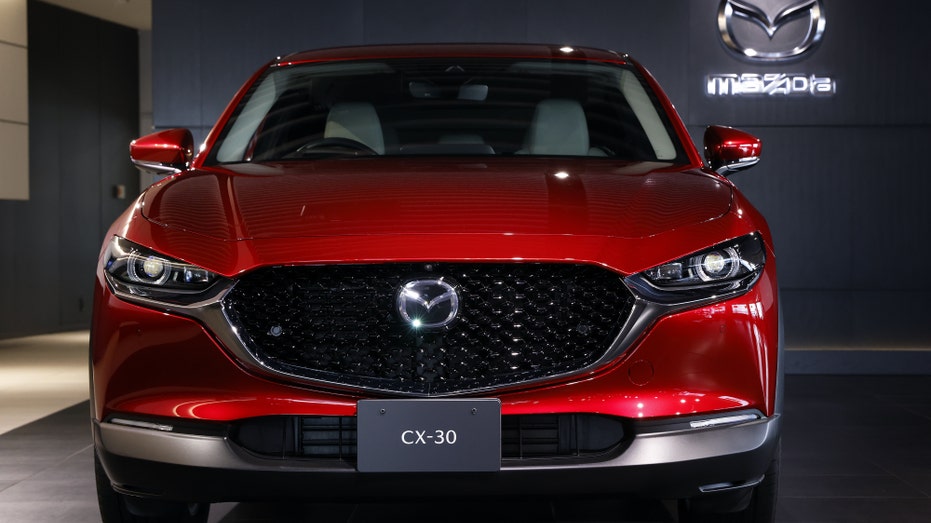Mazda moves away from Chinese suppliers, attempts to bolster domestic production
Lockdowns in Shanghai made it impossible for Mazda to receive computer chips for their vehicles at the height of the pandemic.
Rep. Darrell Issa: China is clearly 'testing' America right now
California Rep. Darrell Issa discusses the growing threat of China and how the Biden administration should respond on 'The Evening Edit.'
Japanese car manufacturer Mazda is seeking to bolster its supply lines outside of China in the face of an increasingly uncertain future in the mainland nation.
Mazda's decision to increase production and stockpile resources outside its Chinese supply lines comes after years of compromised productivity due to the worldwide COVID-19 pandemic.
The company has until now operated with a sprawling supply chain that included Japanese, European, and mainland Asian partnerships.
"As we continue to do business globally, we must manage the current changes based on the recognition that we are no longer in the era of globalization as we were in the past," Senior Managing Executive Officer Masahiro Moro told the Japan Times.
THESE ELECTRIC VEHICLES ARE CHEAPER TO OWN THAN GAS ONES NOW

Mazda Motor Corp.'s Ujina plant, bottom left, in Fuchu Town, Hiroshima Prefecture, Japan, on Wednesday, June 15, 2022. To ease the impact of inflation, Prime Minister Fumio Kishida put together a series of relief measures including bigger gasoline su
Mazda's bottom line was most directly harmed by lockdowns in Shanghai, where computer chips for their vehicles are assembled.
Disruption in chip supplies following the coronavirus pandemic hampered production of goods from smartphones to autos and highlighted the world's reliance on Taiwanese chips and Chinese factories that assemble most electronic devices.
Fears of disruption have been heightened by Chinese threats to attack Taiwan, which split with the mainland in 1949 after a civil war.

A Mazda Motor Corp. CX-30 crossover sport utility vehicle (SUV) displayed in a showroom at the company's headquarters in Fuchu Town, Hiroshima Prefecture, Japan, on Wednesday, June 15, 2022. To ease the impact of inflation, Prime Minister Fumio Kishi
Meanwhile, Chinese manufacturers have continued recovering from the COVID-19 lockdown and are expanding planned factories into Europe.
CLICK HERE TO READ MORE ON FOX BUSINESS
China's CATL said on Friday it would build a 7.3 billion euro ($7.6 billion) battery plant in Hungary, Europe's largest so far, as the world's biggest electric vehicle battery maker gears up to meet growing demand from global automakers.
GET FOX BUSINESS ON THE GO BY CLICKING HERE
CATL said that construction of the 100 GWh (gigawatt hours) plant in the eastern Hungarian city of Debrecen, its biggest overseas investment, would start this year after receiving approvals, and should last no more than 64 months.
Once built, it is set to be Europe's largest battery cell plant and CATL's second in the region, making battery cells and modules for carmakers including Mercedes-Benz, BMW, Stellantis and Volkswagen.
Reuters and the Associated Press contributed to this report.




















